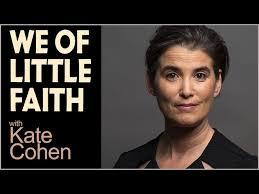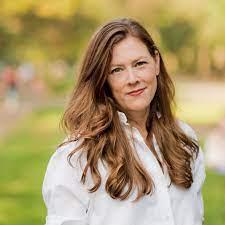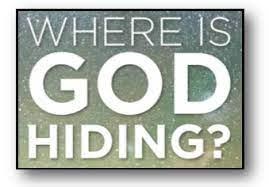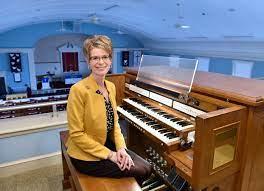One panel at the New York State Writers Institute’s Albany Book Festival pitted an atheist against an Evangelical Christian. There was blood all over the place. No, actually, it was not a contentious debate, but a friendly conversation.

Kate Cohen’s book was We of Little Faith: Why I stopped Pretending to Believe (And Maybe You Should Too). That sums up her message; she disavowed trying to convert anyone, but just urges nonbelievers to be honest with themselves about it, overcoming the stigma (nowadays largely imagined).
This wasn’t too interesting to me (not “of little faith” but none). I understand how atheists think. It’s the thinking of religious believers I keep struggling to comprehend.

The Evangelical, Elizabeth Passarella, actually underscored my puzzlement. An intelligent, reasonable-sounding, warm, good person; she’s even a Democrat. But some of what she said left me scratching my head.
An example: her middle school kids came home with tales of dinosaurs, trying to square them with the family’s religious dogmas. Passarella actually liked their exposure to dissonant ideas, unlike some religious parents who strive to keep children within walled-off ghettoes. She told her kids it’s just a matter of different beliefs — other people have theirs, we have ours.
This begs the question: why believe as you do? Beliefs are not pre-installed, unchangeably, at birth. (By a god, as it were.) They’re a choice. Shouldn’t one try to cultivate a set of beliefs that, in the largest possible context, make sense? Why choose beliefs at odds with factual reality, when better ones are available?

That so many people struggle over belief in God shows just how problematic the concept is. I keep thinking: if there really were such a thing, so gigantic a fact about our world, it would be transcendently obvious. The idea of a well-hidden god (nevertheless adamant on being worshipped!) seems absurd. And how can people feel so certain about beliefs when such vast numbers of other people are equally certain of totally different ones?
It’s true that certain beliefs can provide psychological comfort. But regarding dinosaurs — believing the Earth is only 6000 years old rather than 4.5 billion — how is that comforting? Of course it is part of a whole larger system. Pull on that one thread and the entire thing can unravel. That’s actually how a lot of religious believers get free of it. A path some people fear to tread. But I’d find it scarier if my brain insisted on beliefs defying factual reality.
In trying to explain her own belief in God, Passarella remarked that her children fail her every day; her husband fails her every day. But she believes in a God who does not fail her.
Those words about her family frankly shocked me, it sounded horrible. She did not elaborate. I told my wife about it — and she astutely queried why Elizabeth didn’t think her God failed her, in giving her that family.

I was also struck by her repeated emphasis on how open and welcoming her church is. It reminded me of my dating a nonreligious woman who nevertheless served as a church organist, and I went to hear her perform. Tried to sit inconspicuously in the shadows at the back of the church. It didn’t work. Congregants noticed the newcomer, and besieged me to join them. “No, no,” I wanted to say, “I’m only here because I’m shtupping the organist.”
But I kept shtum.
